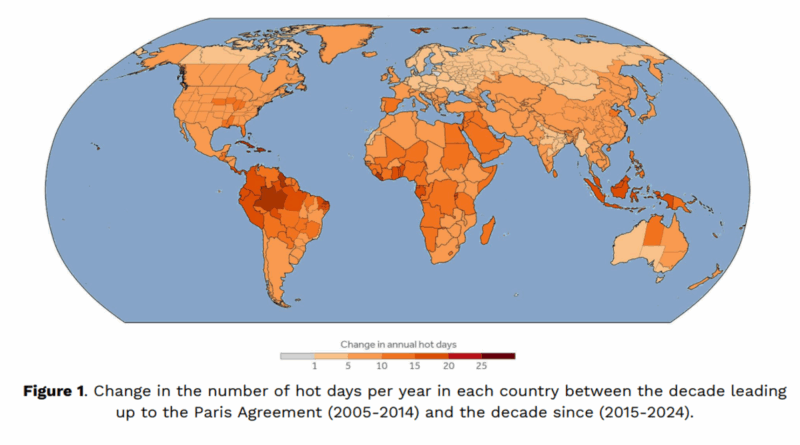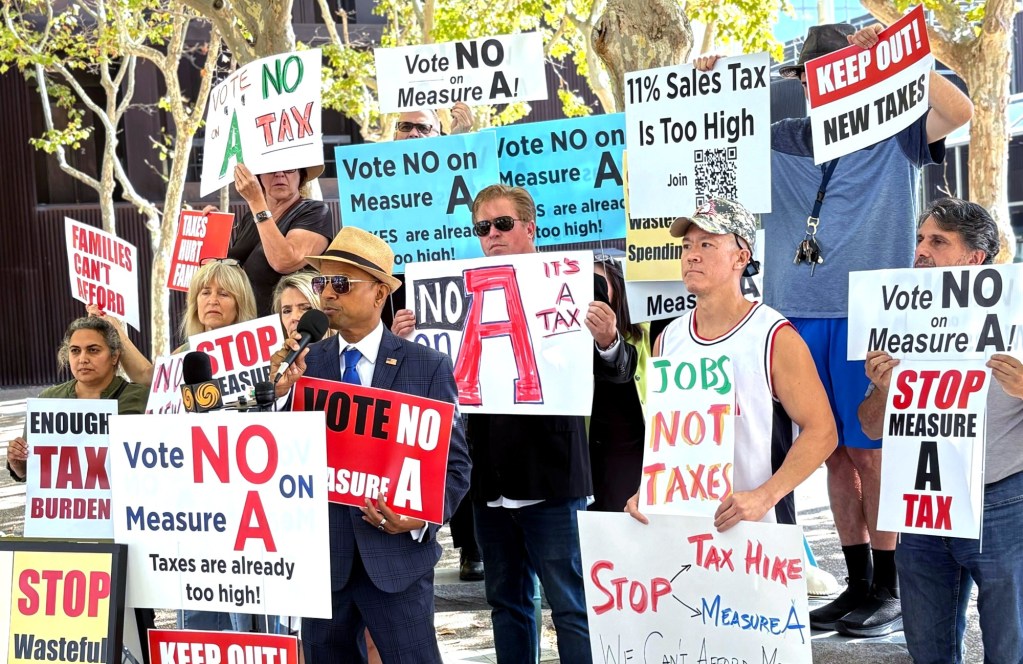As the festival of Diwali approaches, South Asian businesses are grappling with significant price increases on imported goods, driven by tariffs that have surged to as high as 50%. These rising costs are compelling storeowners and chefs to find creative solutions to keep both their products and the celebrations affordable for their customers.
At the New India Bazaar on Polk Street, which has been a family-owned business for over 30 years, owner Hari Bhatt faces tough choices as customers weigh their options at the cash register. A low glycemic-index Basmati rice, typically purchased for a diabetic family member, competes with a popular Bengali dessert for the children’s delight. The recent price hikes on imports have made it difficult for families to afford both. The store has seen prices climb due to existing tariffs on essential goods from South Asian nations, including India.
The price of staple items has been notably affected. For instance, the price of a small pack of Parle-G biscuits, enjoyed with chai, has risen from $0.35 to $0.50, marking a significant increase of 43%. With approximately 90% of their inventory reliant on these imports, the Bhatt family is working hard to manage the impacts of these tariffs. They have back-stocked non-perishables whenever possible, but seasonal items for Diwali, which falls on November 13, 2023, present more challenges.
Diwali, a festival celebrating prosperity and the victory of good over evil, is one of the most significant occasions for Indian communities worldwide. Traditionally, the celebration lasts five days, during which businesses typically see a spike in sales. The most sought-after items include clay lamps, which have experienced price increases of between 12% and 20% depending on the retailer. To keep products affordable, the Bhatt family has decided to absorb some of the tariff costs, adjusting prices on a case-by-case basis.
Despite the increases, Bhatt remains optimistic about the Diwali sales season. “I think people will be a bit more aware of prices. But we Indians are joyful people. We celebrate so much and so often,” Bhatt stated. He believes that while customers may opt to spend less, their desire to connect with their cultural roots during this festive time will ensure continued patronage.
Similarly, Sajad Shiek and Avik Chattopadhyay, owners of Indian Spices and Groceries in the Mission, are also feeling the pinch of rising costs. Prices for popular items have increased from $4.99 to $5.99, a 20% hike that occurred after their wholesale distributor absorbed some of the tariff costs. They strive to maintain inventory levels while managing price increases, especially with Diwali approaching.
Over in Chinatown, Manisha Gurung, who owns Manisha Fashion Collection, faces her own set of challenges. As a provider of traditional Indian attire, she imports approximately 15 to 18 boxes of clothing directly from India during the festival season. This year, shipping costs have risen significantly, adding an extra $50 per box, which has necessitated a price increase of 5%. Gurung finds that her customers understand the necessity of these increases, given the unique offerings of her store.
In the Upper Haight, Sonu Bhamu, owner of Jalebi Street, is taking a different approach. He plans to absorb increased costs until trade talks between India and the United States yield results. With the U.S. being India’s largest foreign market, he is concerned not just about prices but also about the potential unavailability of certain beloved ingredients, as Indian goods exports saw a significant decline of 20% in September.
Chef Pujan Sarkar of TIYA, a Michelin-rated restaurant, has adapted his menu to cope with the difficulties posed by higher tariffs. He has substituted unavailable ingredients with locally sourced alternatives while striving to maintain the authentic essence of his dishes. Another chef, Srijith Gopinathan, who runs multiple restaurants, echoes this sentiment, noting he avoids high-tariff ingredients but still imports King Mackerel from India, despite an 18% price increase.
As the festive season draws near, South Asian businesses are navigating a landscape of rising costs and evolving consumer behaviors. Many storeowners and chefs remain committed to providing their communities with culturally significant products, even as they adapt to the challenges of the current economic climate. The resilience of these businesses during Diwali exemplifies the enduring spirit of celebration within the South Asian community, ensuring that the festival continues to thrive despite external pressures.







